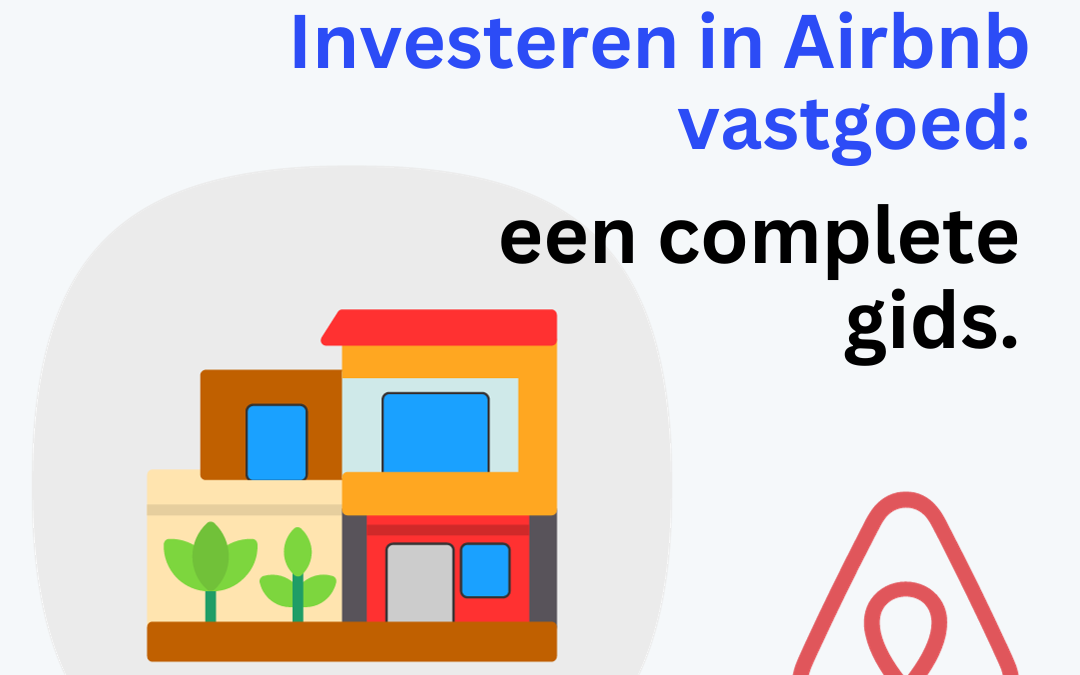The rise of Airbnb has encouraged many homeowners and investors to join the booming short-term rental market. It can be a profitable venture, but it requires a thoughtful approach and thorough preparation. Here is a step-by-step guide to getting started with Airbnb rentals, with each step accompanied by an accompanying paragraph.
Step 1: Market research
Understand Local Demand
Before investing in an Airbnb property, it is crucial to understand the local market. Research factors such as tourist attractions, seasonal events and the average daily rate in the area. Also look at the competition: how many other Airbnb's are in the area and what do they offer?
Step 2: Analyse the regulatory environment
Compliance with Local Laws
Each city or municipality has its own rules regarding short-term rentals. It is crucial to understand these regulations and comply with all licensing, safety and tax requirements before listing your space on Airbnb.
Step 3: Financial Planning
Calculate Start-up and Operating Costs
Thorough financial planning is essential. Estimate the initial cost of refurbishing or furnishing your space, as well as recurring costs such as cleaning, maintenance, insurance and Airbnb service fees. Make sure you make a realistic estimate of your potential income to assess whether the investment is profitable.
Step 4: Optimising the Space
Setting up and preparing for guests
Your Airbnb should be comfortable, clean and welcoming. Invest in quality furniture and amenities and make sure your space looks attractive in photos. Also consider safety aspects such as smoke alarms, first aid kits and clear emergency exits.
Step 5: Creating an Attractive Rental Page
Photography and descriptions
Your rental page is your chance to make a good first impression. Provide professional photos that show your space in the best light and write clear, inviting descriptions. Mention all unique amenities and highlight what sets your space apart from others.
Step 6: Managing Rentals
Communications and Maintenance
Be prepared for active management. This includes timely communication with guests, coordinating check-in and check-out, and taking care of cleaning and maintenance between bookings. You might consider hiring a property manager if you don't want to manage this yourself.
Step 7: Continuous Evaluation and Improvement
Guest feedback and Market adjustments
Take guest feedback seriously and use it to improve your offerings. Also, keep analysing the market and adjust your prices and availability accordingly to optimise your occupancy rates and revenues.
Conclusion
Airbnb rentals can be a lucrative venture if handled properly. However, it requires thorough preparation, financial planning and ongoing management. For those interested in investing in property for short-term rentals, working with a specialist partner such as Immotokens can be valuable. Immotokens is an expert in property investments, including those intended for Airbnb rentals. Their unique co-investment model allows you to participate in the property market with other investors, which can spread the risk and provide access to opportunities that might otherwise be out of reach. Contact Immotokens for more information on how to start your Airbnb rental adventure.



